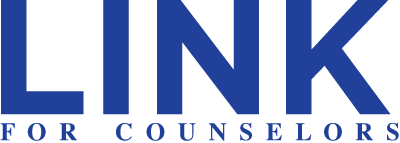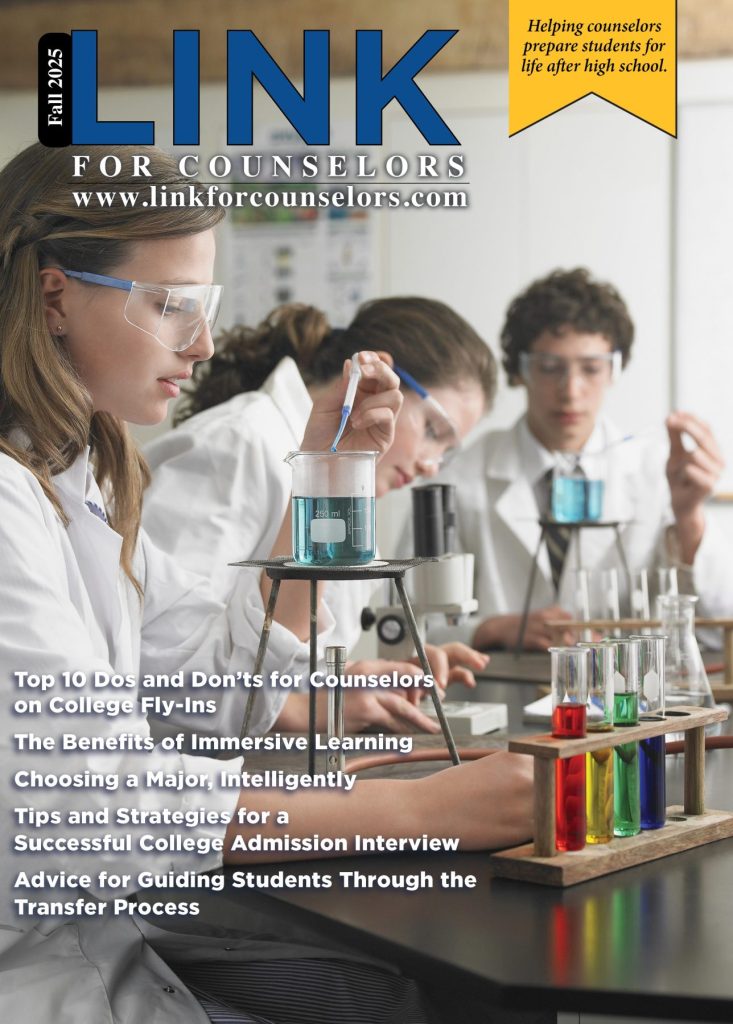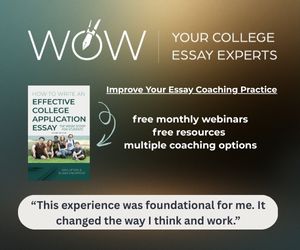Common Black College Application
The Common Black College Application is now available for your students. Here are some commonly asked questions about it:
Although you will be asked to list your top four college choices when completing the Common Black College Application, your application is made available to all 58 Member Institutions.
Q. How do I submit my Common Black College Application?
A. Click on APPLY NOW on any of our webpages to begin the application process.
Q. What is the difference between a Log In and Registration?
A. You have to register first to create an account. Once you have created an account, you will Log In anytime you want to track the progress of your application including seeing what Member Institutions have downloaded, printed or viewed your application.
Q. What is the difference between downloaded, printed and viewed my application?
A. Downloaded – A Member Institution has uploaded your application from our database to their system automatically.
Printed – A Member Institution has printed your application, transcript or test scores.
Viewed – A Member Institution has opened and looked at your application, transcript or test scores.
Q. Can I make changes to my application?
A. You can not make changes to your application once it has been submitted.
Q. How much is it to complete the Common Black College Application?
A. It is $20 to complete the Common Black College Application.
Q. Why am I asked to select my top four colleges?
A. Although you are asked to select your top four colleges, your application is made available to all of the Member Institutions.
Q. How will the Member Institutions receive my application?
A. The Member Institutions log into our database to download, print and view your application, transcript and test scores. (We suggest you contact all of the Member Institutions you are interested in attending).
Q.Why do I have to contact the Member Institutions I am interested in attending?
A. Although you do not have to complete another application or pay another application fee, some of the Member Institutions will only process your application if you select them as one of their top four choices.
If you did not select one of the Member Institutions as one of your top four choices, we encourage you to contact them via our Direct Messaging, by phone, email or letter to let them know you are interested in attending their college.
Q. Who do I ask for when I contact the Member Institutions to ensure my application is processed?
A. Please ask for the person who works with the Common Black College Applications. If you have any concerns, please ask for the person’s name and we will contact the college on your behalf.
Q. Will I have to complete another application or pay an application fee to the Member Institutions?
A. You will not be asked to pay another application fee or have to complete another application.
(Some of the Member Institutions may ask you to provide additional information to complete the application process).
Q. Can the $20 application be waived?
A. The $20 application can not be waived.
Q. Is the $20 application fee refundable?
A. The $20 application fee is nonrefundable.
Q. What forms of payment can be used to pay the application fee?
A. You can make the payment with PayPal using a major debit or credit card. You do not need a PayPal Account to make the payment.
Q. Can I pay with a check or money order?
A. You can pay by money order. Please address the payment to:
EDU, Inc. Common Black College Application
2625 Piedmont Road
Suite 56315
Atlanta, GA 30324
Q. How do I send the Member Institutions my transcript, test scores, recommendations and essay?
A. When you complete your application, you can provide your School Counselor’s name and email address. An email will then be sent instructing your Counselor on how to create an account to upload an Official Copy of your transcripts and test scores.
Please note, if you do not enter the high school CEEB code, your will Counselor will not be able to upload your documents.
Q. Can I upload my transcript and test scores?
A. Yes you can upload an unofficial copy of your transcript and test scores to our system. (Please allow 10 business days for the Member Institutions to receive your documents). As we suggested earlier, you can track the progress of your application by logging into our system using your email address and password.
Q. What happens if I forget my password?
A. You can request a password reset here.
Q. How do I send my recommendations and essay to the Member Institutions?
A. Most of our Member Institutions do not require an essay or recommendations to complete the application process. We suggest you contact the colleges you are most interested in attending to inquire.
Q. How long will it take for me to start to hear from the Member Institutions?
A. Every Member Institution has the ability to access your application, transcript and test scores immediately after they have been submitted. Due to the number of applications the Member Institutions receive daily, we suggest you wait 15 business days before contacting the college. We encourage you to log into our system to track the receipt and processing of your application.
Q. I completed the Common Black College Application and I have been asked by a Member Institution to complete another application or pay another application fee. What should I do?
A. Please contact the college and let them know you completed the Common Black College Application.
Q. Can this application be used to apply to graduate school?
A. The CBCA can not be used to apply to graduate school.
Q. Can I use this application as a transfer student?
A. Yes you can use this application to transfer to one of our Member Institutions. (Please note, you must send an Official Transcript to all of the Member Institutions you are interested in attending).
Please contact us at contact@commonblackcollegeapp.com if you have further questions.
If you would like to set up a Counselors account so you can input the information for any interested students here is the link: https://commonblackcollegeapp.com/portal/register/high-school-counselor
Here are the list of the 58 schools which accept the Common Black Application:














